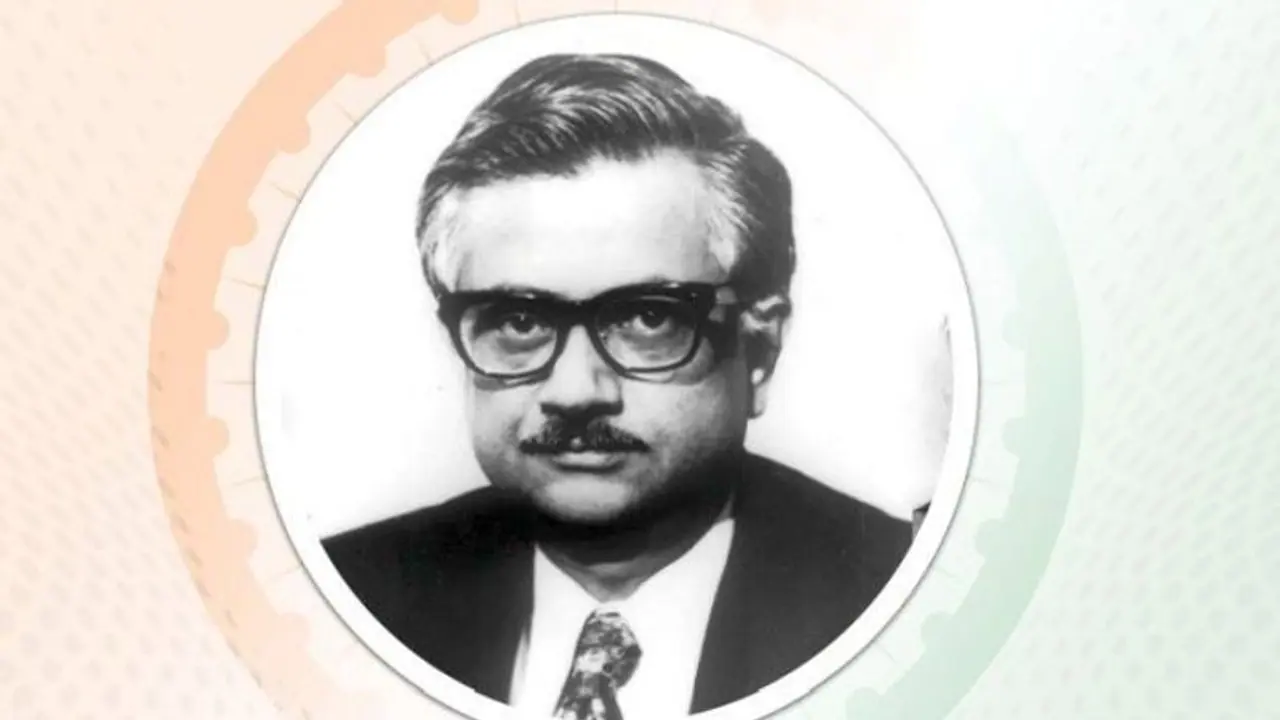Girish Linganna pays tribute to Raja Ramanna, a pivotal figure in the early development of India's nuclear power journey, on his 99th birth anniversary.
Raja Ramanna, a distinguished Indian physicist famed for his pivotal role in the nascent stages of India's nuclear program, was born on January 28, 1925, in Tumkur, Karnataka. He went to eternal rest on September 24, 2004, in Mumbai. As we commemorate what would have been his 99th birthday, let's pay tribute to Raja Ramanna, a key figure in the foundational period of India's emergence as a nuclear power.

Based on the information from his biography on the Vigyan Prasar website, Raja Ramanna noted in his autobiography "Years of Pilgrimage" (1991) that his mother, Rukminiamma, a passionate reader, came from a wealthy background. He highlighted that Rukminiamma was notably "the first woman in Mysore to employ electricity in her household."
Raja Ramanna mentioned that his father, B Ramanna, served in the judicial system of the Mysore state and was renowned for being a compassionate judge.
Ramanna's initial schooling took place in Mysore and Bangalore, where he was a student at Bishop Cotton School and St Joseph’s School. Raja Ramanna pursued his science education at Madras Christian College and later moved to London. There, he achieved his Ph.D. in physics from King’s College.
After returning to India in 1949, Raja Ramanna joined the Indian nuclear program, recruited by Homi Bhabha. Ramanna eventually ascended to the role of director at BARC, where he spearheaded the team that conducted India's 1974 Pokhran atomic bomb test.
In a 1983 interview with a media outlet, he reflected on the ramifications of the Pokhran test, highlighting its role in changing India's international relations. He remarked, 'Following the atomic bomb test, we might be viewed with suspicion by some global powers. It's out of my hands if countries reconsider their supply agreements with us. Discussions about such restrictions were already in place even before the test,' he noted.
When questioned whether the explosion had negatively impacted India's nuclear program due to the criticism it received, Ramanna responded, 'Saying it set us back ten years is just wordplay. I would argue it is actually advanced our program by fifty years. It's really boosted us."
It is reported that Ramanna maintained a strong relationship with former Prime Minister Indira Gandhi, under whose leadership the Pokhran test took place.
The Guardian, in its 2004 obituary for Ramanna, noted, 'Upon Mrs Gandhi's return to office in 1980, as she took a revitalized stance on the nuclear weapons program, Ramanna was in close contact with her.' In recognition of this achievement, Ramanna was awarded the Padma Vibhushan, the second-highest civilian award in India.
Throughout his professional journey, Ramanna held prominent positions such as the chairman of the Indian Atomic Energy Commission and secretary of the Department of Atomic Energy. In 1978, during a trip to Baghdad, Saddam Hussein attempted to persuade him to lead Iraq's atomic bomb project. Hussein urged, 'You have contributed sufficiently to your country; don't return. Stay and helm our nuclear program. Name your price.' However, Ramanna declined the offer and departed from Iraq shortly after.
In 1990, Ramanna became the Union Minister of State for Defence under VP Singh's government. From 1997 to 2003, he was a selected member of the Rajya Sabha. Dr Ramanna had strong ties with IIT Bombay, where he served as the chairman of the board of Governors for three terms in a row, from 1975 to 1984. Additionally, in 2000, he became the first director of the National Institute of Advanced Studies in Bengaluru.
